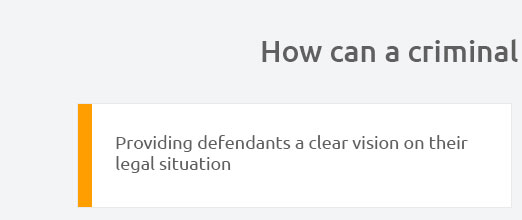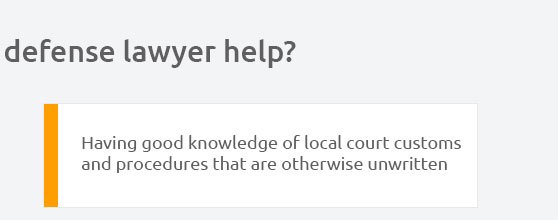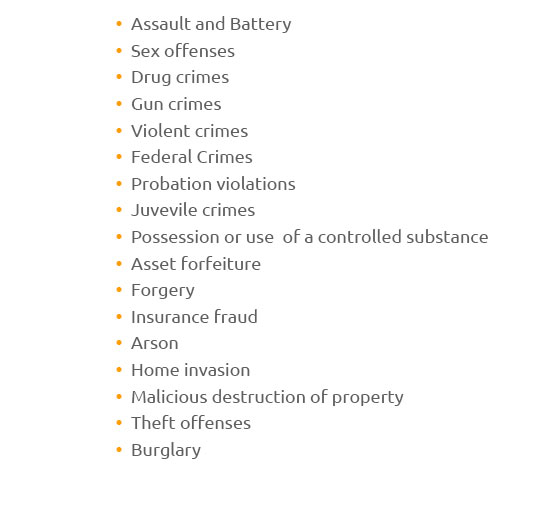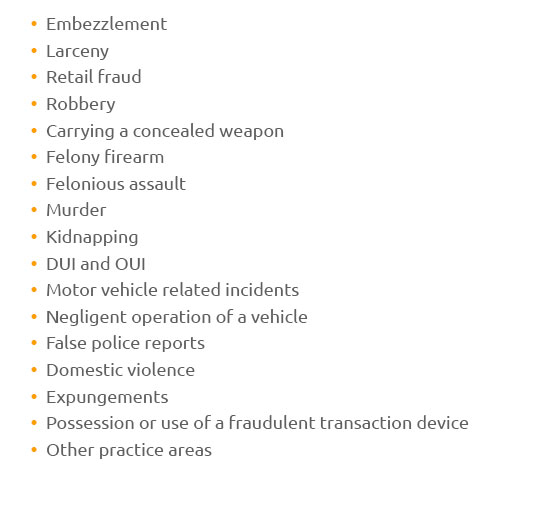 |
|
||||
 |
 |
 |
 |
 |
 |
 |
 |
 |
 |
 |
 |
|
 |
 |
 |
|
||||
|
Navigating the complexities of drug-related charges requires an experienced drug crimes lawyer who understands local and federal laws. Our dedicated drug crimes lawyer specializes in defending clients against all types of drug charges, ensuring the best legal strategy for each case. With a proven track record, our drug crimes lawyer provides comprehensive defense services tailored to the unique circumstances of your situation. We believe that every client deserves a fair trial, and our drug crimes lawyer works tirelessly to protect your rights throughout the legal process. Whether facing minor possession charges or serious trafficking allegations, our drug crimes lawyer is committed to achieving the most favorable outcome possible.
https://www.hamptonroadslawteam.com/drug-crimes-defense-lawyers-va/
Our drug crime attorneys can help you when you need it most. Call 757-228-5529. Our compassionate lawyers help you understand your drug-related charge. https://www.legaldefense.com/criminal-defense/drug-crimes/
Are you facing charges for a drug crime in Virginia? Our Virginia Beach drug crimes attorney is here to help you fight the charges you may be facing. https://www.lawinfo.com/drug-crime/virginia/virginia-beach/
Compare the best Drug Crime lawyers near Virginia Beach, VA today. Use our free directory to instantly connect with verified Drug Crime attorneys.
|




